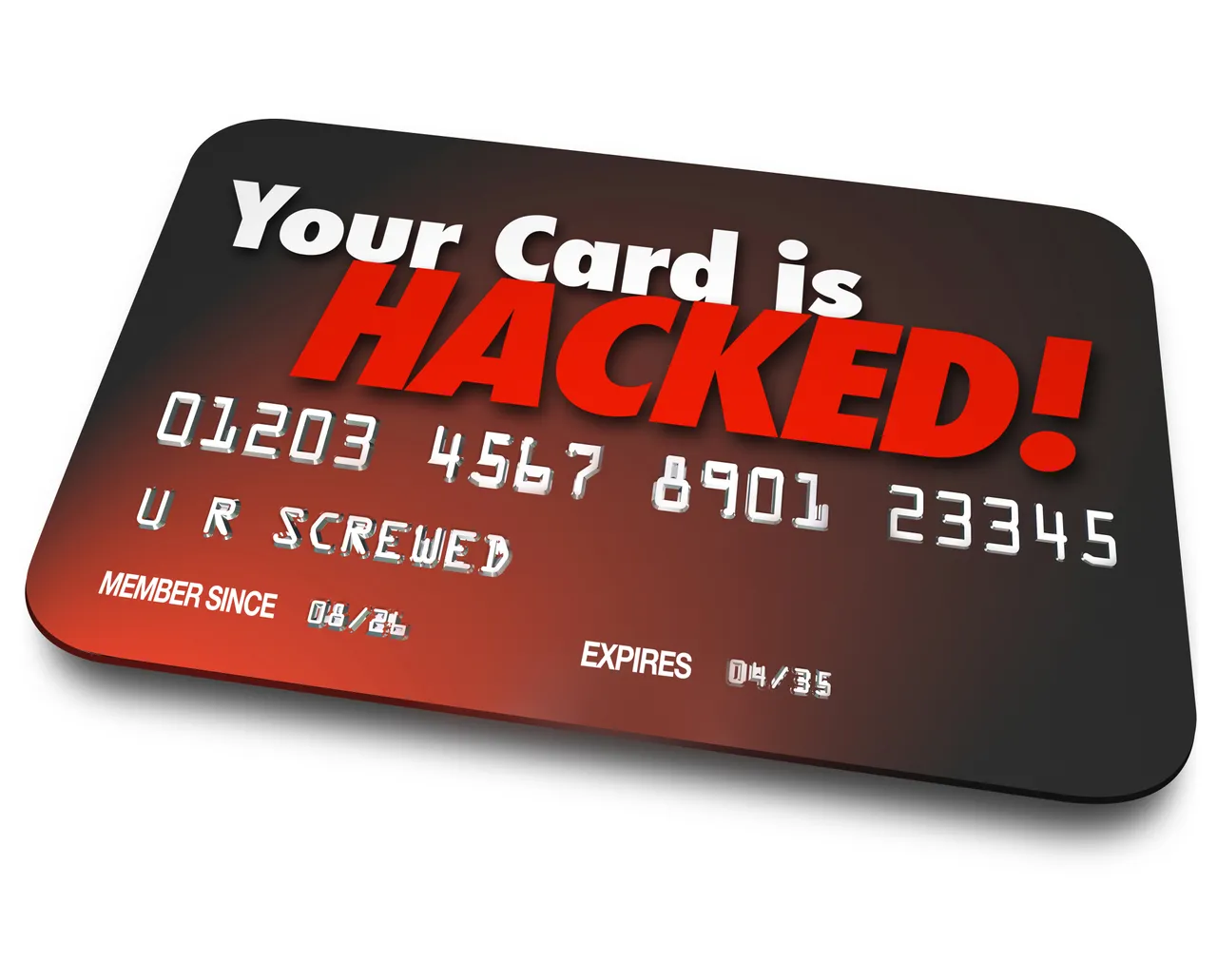

I am not sure how many of you have had your credit card details hacked. I had mine a few years back when I found out I had an unauthorized transaction on my credit card statement for less than USD 100. Fortunately I found it out early and cancelled my card in time to stop the hacker from spending more.
Cancelling the card is the easy part, which can be achieved by a single phone call. Requesting a replacement card and reversing the unauthorized transaction involves following some administrative procedures laid out by the bank, which takes days to weeks depending on, I believe, how soon you discovered the fraud and the amount involved. After receiving the new replacement card, I had to go through the tedious process of updating my online subscriptions and accounts with the new card details.
The federal laws in the United States and perhaps a few other jurisdictions limit the cardholder’s liability to a small amount ($50 in the US) if the card is physically stolen and zero liability if personal data and not the physical card is stolen. In some jurisdictions, the law protects the cardholder except in cases of cardholder’s dishonesty or negligence. Some of us from outside such jurisdictions do not enjoy such protection and could be held liable for the full amount of the loss.
If you rely heavily on credit cards for payments, incidents such as this could cause a lot of inconvenience unless you have other credit cards with high credit limits as replacements.
The number of credit card frauds has remained about 0.1% of all transactions. That is about 1 in every 1000 transactions. If you use credit cards for most of your transactions, as I do, it is likely that you would face a fraudulent transactions at least once in your lifetime. Therefore, if you are one of those heavy on credit card use, consider yourself fortunate if you have yet to face a fraudulent transaction!
Would cryptocurrencies obviate or reduce credit/debit card frauds?


Credit card and debit card frauds are perpetrated by a variety of means. Whichever means is used, the fraud begins either with the theft of the physical card itself or identity theft of the account holder, which then naturally results in a compromised account.
Theft of physical card
In respect of theft of the physical card itself, it will be difficult to make comparison between credit/debit cards and crypto cards because of the paucity in the usage of crypto cards. Until and unless crypto cards usage has become mainstream and statistics on frauds are made available, we have to postpone any analysis of the matter. Although crypto cards are not popular yet, there are already several projects offering such cards. These are nascent projects and if you are curious you may look them up here: TenX, PundiX, Wirex, Shift, Fuzex, Cryptopay, Aximetria, MCO Visa, Bitpay and Revolut Metal
Theft of Identity
Fraudsters use many techniques to carry out identity theft.
You could unwittingly compromise your account whilst using your card at the ATM through techniques such as card trapping, skimming, and shoulder surfing. Carelessly leaving the card in the ATM kiosk with the PIN written on the card is a sure recipe for self-inflicted identity theft, a compromised account and personal financial disaster.
When you present your card physically to the merchant you are trusting the merchant or his store clerk with your card details. These details could be copied for later use in fraudulent transactions. If you are not presenting the card physically, as in an online transaction, the card details are stored in a central server and a security breach of the server could become costly and in some cases millions of accounts have been compromised. It is here that cryptocurrencies can play an effective role in curbing theft.
Cryptocurrency Payments
Instead of providing the brick and mortar or the online merchant with your card details, you are now sending signed transactions using your private keys. The merchant receives only your funds and perhaps a memo identifying the purchase. He has no access to your private keys. Thus you are trusting neither the brick and mortar merchant nor the online merchant with any sensitive data. Unlike in a credit/debit card transaction, you are in absolute control of your private data.
KYC Procedures : Self-sovereign Identity
Sometimes, besides the card details, you may be asked to perform a KYC procedure, requiring you to disclose your personal details such as your full name, address and ID. Even here there are projects afoot that provides you the ability to control the information provided to the merchants.
One of the projects, Selfkey, allows you to obtain reusable identity authentication from qualified certifiers (like lawyers, accountants, bankers, government authorities and the like) made available in the Selfkey system. You can then freely use such authentication to prove the ID attributes required for a particular service or product without actually sharing your ID document like your passport or national ID card. That effectually means one time KYC and minimal data sharing.
Selfkey also provides for self-hosted data storage, where you secure your identity documents and assets locally. This eliminates single point of attacks on a central server and therefore avoids major data breaches. In addition, Selfkey controls the sharing of documents via public/private key mechanism, enabling you to share it with only authorized third parties.
How all these will pan out is yet to be seen, but on paper it looks very promising.
You may wish to check out two other projects similar to Selfkey here: The Key and Civic
Conclusion
The success of cryptocurrencies would, inter alia, depend on its wide scale of adoption by the general public for payments using wallets or crypto cards. For the general public to adopt crypto cards in lieu of the traditional credit/debit cards, ease of use, security and cost of transaction would play major roles. Whilst the projects discussed above do address ease of use and security issues, transaction costs still seem to be prohibitive in most cases. Until the issue of cost is addressed it is unlikely that the general public would adopt crypto cards on a wide scale as yet.
Even if the crypto cards get adopted on a wide scale, whether such adoption will become the most effective solution to credit/debit card frauds still remains a wild card for lack of statistics.
What are your thoughts?
~~~~~~~~~~~~~~~~~~~~~~~~~~~~~~~~~~~~~~~~~~~~~~~~~~~~~~~~~~~~~~
Enjoyed this article?
Stay informed with more by following @devann.
Share the knowledge and joy with others by reblogging.
Express your gratitude by upvoting.
Help exercise our brains by commenting.

Content on this article (other than the images) is licensed under Creative Common Attribution-ShareAlike 4.0 International license.
Images are licensed under the depositphotos' standard licence.